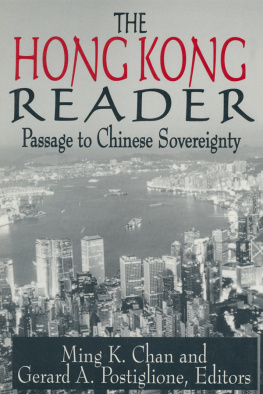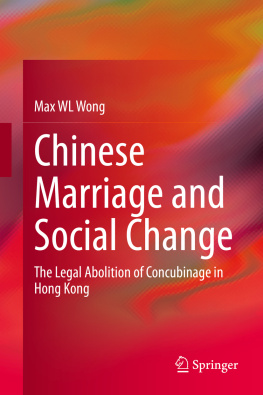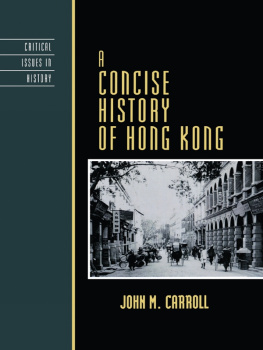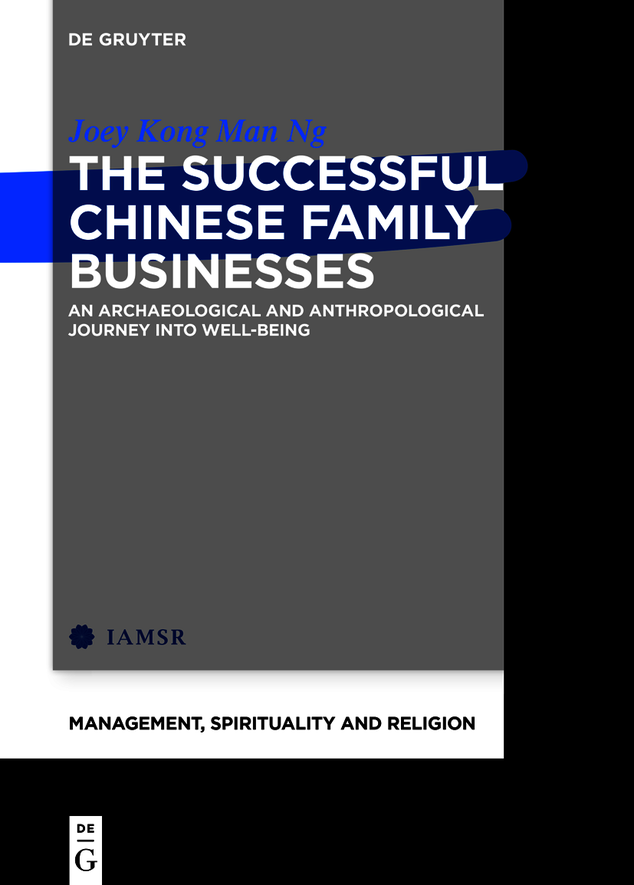Management, Spirituality and Religion
Edited by
Yochanan Altman
Volume
ISBN 9783110684575
e-ISBN (PDF) 9783110684643
e-ISBN (EPUB) 9783110684674
Bibliographic information published by the Deutsche Nationalbibliothek
The Deutsche Nationalbibliothek lists this publication in the Deutsche Nationalbibliografie; detailed bibliographic data are available on the Internet at http://dnb.dnb.de.
2022 Walter de Gruyter GmbH, Berlin/Boston
Chapter 1 Introduction
Well-being is made critical to business because the notion affects workers, management and organisations () in the well-being discourse. If so, the Chinese is being deprived of its voice in the discourse. For that reason, this book seeks to diagnose and overcome essentialism in its research process. Two research questions (RQ) are formulated:
RQ 1: How does the discourse of well-being emerge and transform in a Chinese context?
RQ 2: Do members of family business in China (Hong Kong specifically) draw upon the discourse of well-being in their daily practices? If not, what relevant concepts do they refer to and make use of in a given time period?
The book positions itself within the critical management studies (CMS). Both archaeology and anthropology are deployed as the methodology. The first question is answered by way of an archaeological examination in which a close reference to thick description is used to explore an indigenous voice.
The findings indicate that well-being is not a culturally universal concept. In the archaeological examination, essentialism is diagnosed when well-being is transformed into a Chinese context. Along the anthropological journey, the research subject members of family business in Hong Kong, did not draw upon the discourse of well-being. Instead, they used multiple Chinese expressions, including jia ting (family), peng you (friends), kai xin gong zuo (happy work) and xin zhong fu you (being rich at heart-mind). These local expressions are further contextualised based on two Chinese concepts: xing fu (living well) and xin (heart-mind).
This book contributes to debates related to questioning well-being in cross-cultural management. Well-being is found to be insignificant in a Chinese context. The framework of well-being has limitations in explaining the research subject. Hence, the assumed universality of well-being is challenged. Misappropriating well-being in a Chinese context could imply a subtle colonisation of management ideologies and practices. In order to recover an indigenous voice, a discursive space is opened where a Chinese perspective is brought into the centre of discussion. In addition to the framework of well-being, the findings are re-interpreted from Chinese language and Chinese philosophies (including Confucianism and Daoism). In this way, this book sheds some light on the conditions of possibility for a Chinese theory. Hence, making a methodological contribution related to epistemology. At last, this book calls for diversity and reflexivity in management and research practices.
This book mainly consists of six chapters. introduces the notion of well-being. To begin with, a western perspective of well-being is examined. The dominant philosophical conceptual frameworks of well-being mainly include Hedonism and Eudaimonia. Afterwards, the notion is explored from a Chinese perspective. Xing fu (which is a typical Chinese translation of well-being) is scrutinised from two Chinese philosophies, including Confucianism and Daoism. By contextualising xing fu, another layer of understanding about a Chinese perspective is revealed. This layer has often been neglected in the well-being literature. To recover such a layer of understanding about a Chinese subject, this book proposes a new conceptual framework that includes both western and Chinese perspectives of well-being and xing fu respectively. This hybrid framework aims to supplement the existing western view, fill in the lacuna in the literature and overcome the essentialist tendency in the well-being research. Its relevancy and applicability would be tested out through an archaeological and anthropological examination in a Chinese context Family business in Hong Kong.
Chapter 2 examines the site of research. Chinese family business (CFB) in Hong Kong is chosen as the context in which well-being is examined. In order to provide an understanding of the research context, the management discourse related to CFB is being reviewed critically. The problems of objectification and essentialism are highlighted in the literature. Considering the problems, this chapter proposes to adopt Foucaults archaeology to account for change in discourse.
Chapter 3 is an archaeological examination of well-being in a Chinese context. This part demystifies the discursive (trans)formation of the two concepts: well-being and xing fu. The examination uncovers how well-being and xing fu are emerged and changed in the discourses. Significantly, the problems of objectification and essentialism are diagnosed. At the end of this chapter, a discursive space is opened. Within this space, an indigenous subject (such as a Chinese subject) is allowed to speak in its own expressions.
Chapter 4 is an anthropological examination A thick description. This chapter begins by highlighting views of the local Human Resource (HR) professionals regarding the notion of well-being. Their understanding of well-being is aligned with the archaeological examination in which it highlights well-being is a familiar language of HR professionals. Nevertheless, well-being is perceived not to be the same as xing fu. The archaeological and anthropological examination shows that treating xing fu as an equivalent of well-being would be problematic. Therefore, instead of applying well-being to the site, this ethnography explores expressions of the research subject based on its everyday lives. Four local expressions are revealed and contextualised, naming jia ting (family), peng you (friends), kai xin gong zuo (happy work) and xin zhong fu you (being rich at heart-mind). Towards the end of the chapter, four major practices of CFBs are presented, which include familial culture, absence of or resistance to strategy and management, striving to survive and moving on as life unfolds. These four practices represent an embodiment of the local expressions.
Chapter 5 is a possible extension of thick description through a cross-cultural analysis between the East and the West. This chapter begins with a theoretical discussion of two Chinese notions: xing fu and xin. These two concepts are derived from the four local expressions found in the previous chapter. To move further, a dialogue is formulated. This is a dialogue between Hedonism, Eudaimonia, Confucianism and Daoism. Such a dialogue helps to identify similarities and differences among these perspectives.
Chapter 6 is a conclusion. Theoretical, methodological and practical implications of the study are drawn. For theoretical implications, the assumed universality of well-being is challenged given the study reveals essentialism in the well-being discourse. Hence, the insignificance of well-being in a Chinese context is implied. On the contrary, the benefits of exploring local expressions and concepts are spelled out. At the end, a cross-cultural analysis among different expressions and concepts is made possible. Regarding methodology, the study shows how both archaeology and anthropology can be deployed to diagnose and overcome essentialism respectively. The importance of ethics and reflexivity in research are also highlighted. Thick description can be extended by a cross-cultural analysis through the use of a theoretical dialogue. As for work practices, some plausible suggestions concerning international human resource management (IHRM) and management research are offered. Business practitioners and researchers are encouraged to critically examine any global management concepts, theories, models, tools and even practices before applying them to any Chinese contexts. Diversity in management is advocated. After discussing implications, potential contributions are outlined. Lastly, limitations of the study are identified and directions for future well-being research are suggested.





